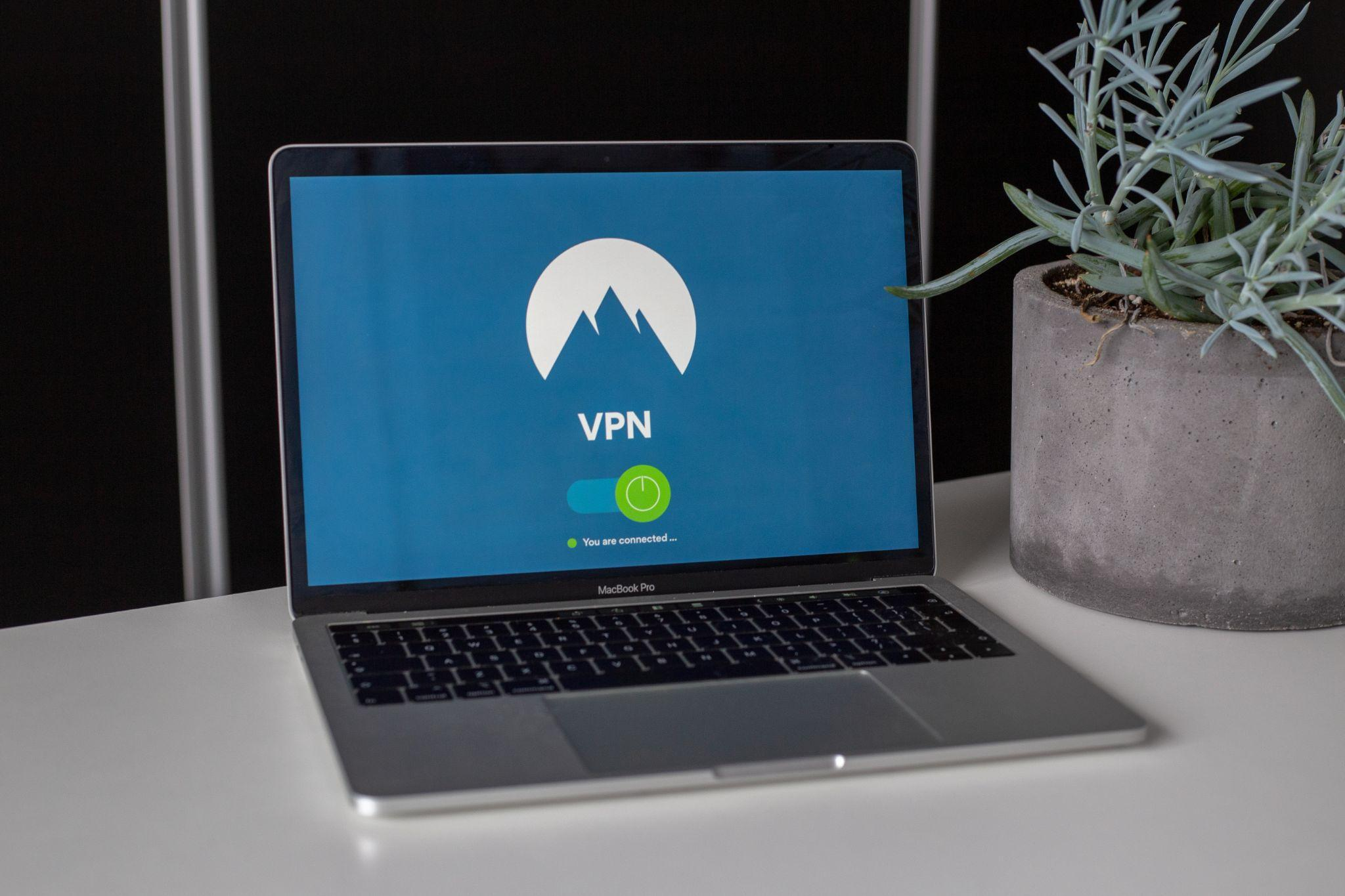Many people within the cybersecurity and IT communities believe VPNs are insecure, insufficient, and outdated. They don’t think VPNs can meet the increasing demands for network security, and therefore, businesses should opt for Zero Trust Network Access (ZTNA). These professionals have decided that this is an either/or problem
However, you can achieve complete security for your remote networks with a VPN service for business as well as a ZTNA framework in place. These two aren’t mutually exclusive. In this guide, we’ll compare VPNs and ZTNA, and you can check out VPNgeniX for secure VPN service providers.
VPN for Remote Work
The COVID-19 pandemic led to businesses worldwide shifting to remote work. This meant there was suddenly increased demand for VPNs, allowing businesses to work remotely with the right security solutions. Many companies expanded their VPN usage because of the pandemic.
In today’s digital age with remote work, we see cloud services dominating, and physical boundaries have become nonexistent. IT teams can not provide on-premises security solutions, so businesses have to provide secure VPN servers online for their employees.

What About Zero Trust Network Access?
Zero Trust Network Access (ZTNA) has gained attention from the IT community since 2019. ZTNA is all about trusting nothing and verifying everything. This framework revolves around cyber skepticism and preventing unauthorized access, potential cyberattacks, and security breaches.
ZTNA has various applications that restrict access unless the user verifies their identity. Organizations can have complete control over their business’ network security. With increasing cyberattacks, all businesses should be using both VPN and ZTNA. The average cost of a data breach is $4.35 million.
Difference Between VPN and ZTNA
VPNs grant authorized users complete access to the corporate network. It doesn’t matter which device they’re using; they can check out the resources or applications available on the network. However, with a Zero Trust Network Access, the access is limited.
ZTNA is continuously verifying and validating the users’ access in real-time. It doesn’t blindly trust authorized users and provides them with the lowest level of network access. VPNs offer full access once the user has confirmed their identity.
Check out VPNgeniX if you’re looking for the best VPN service provider. We are a leading VPN software provider offering various VPN services for businesses, including NordVPN, antivirus software, and other internet security tools. Contact us today for more details.

